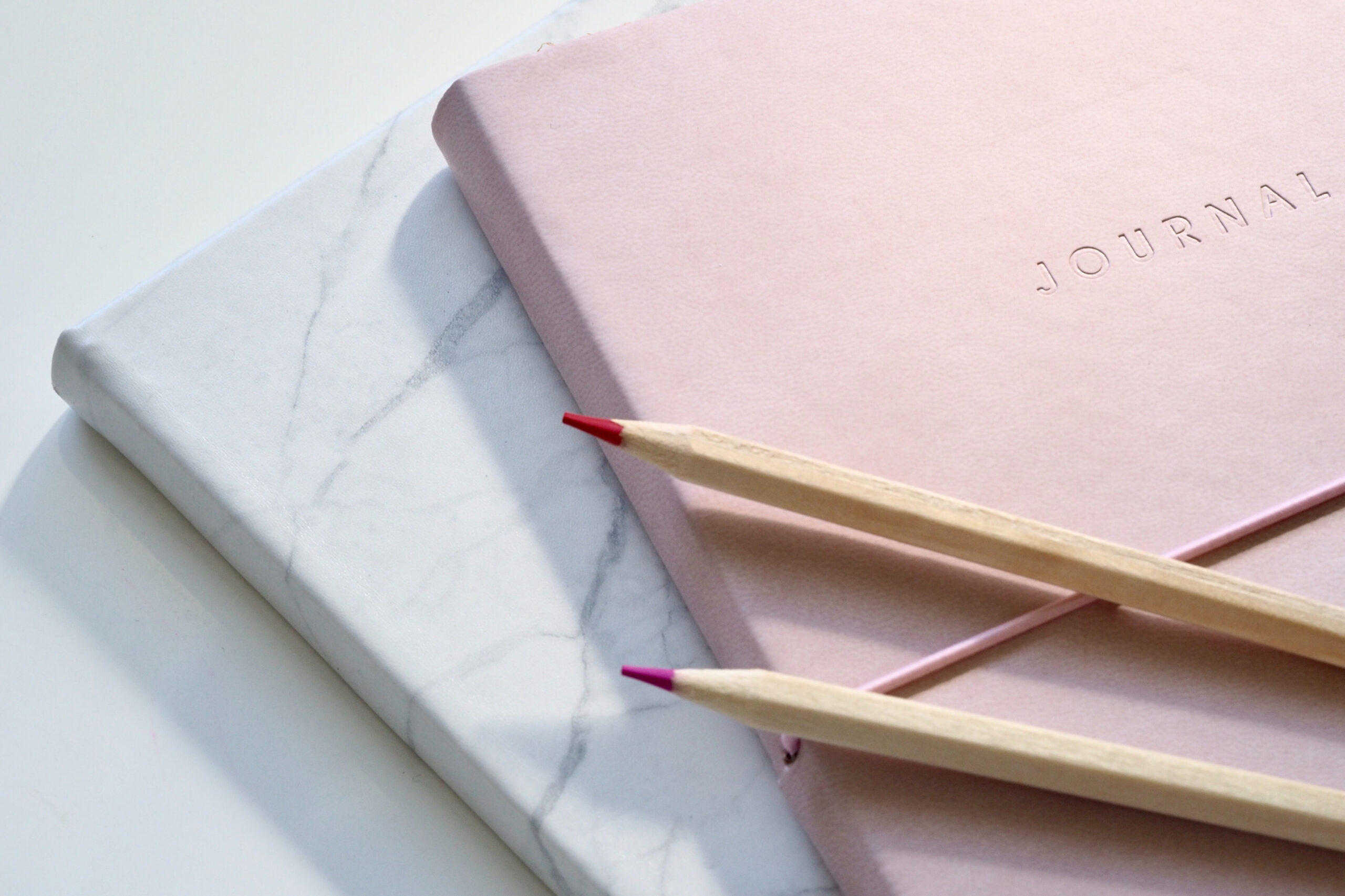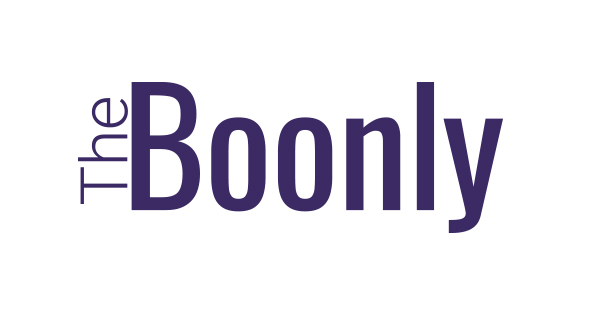Why Do You Need to Document Your Life? And How?
There are 102 reasons to document your life. Debby Bittick—Health and Caregiving advocate, Intergenerational expert, and award-winning author—penned 101 reasons in her guide called “101 Reasons to Chronicle your Life.”
Later in 2018, JAMA Psychiatry published a paper proving that writing about your life, both good and bad events, helps with healing from Post-Traumatic Stress Disorder (PTSD). Debby Bittick considered this 102nd reason to document life.

When you document your journey, especially your downs, you can see how you survived through your hard days. This documentation provides insight into how to tackle a relevant problem in the future and reminds you that it is nothing more than a difficult time meant to pass.
If this is not enough of a reason for you to set up a system to help you document your journey, let’s look into three key reasons why you need to start documenting your beautiful journey today:
You Become Aware
One of the reasons it is easier for you to be kinder to your loved ones but not yourself is that you can look at them and their lives in a well-rounded manner but not yours. You are always looking at yourself from too personal a perspective, which makes your life seem complicated and messy, and you as someone who is just not doing enough.
Documenting your journey on a regular basis helps you see yourself from a 3rd person Point of View, which allows you to look at your privileges and wins, at your losses too, and see that you did pretty well, and life is not as bad or complicated as it might sometimes seem.
Moreover, you become aware of your habits, patterns, and those little things you want that you had no idea about. Awareness is a gift you can give to yourself if you decide to put your pen to paper and write your story.
You Rid Your Memory Gaps
You do not lose memories only as you age—you are constantly losing them. Do you remember the story of your favorite book from last year? Do you remember the last time you felt terrific for no reason on a regular day? Probably, you do not.
Let me tell you a personal story. I have been having sleep issues lately and thought each night was worse than the last until I started documenting my sleep. I had no idea that by noting how well I slept along with a few relevant observations, I could help myself more than the neurologist and psychiatrist I saw every two weeks. I made minor changes to my routine based on my sleep documentation to help me sleep better, and I was able to rate my sleep quality from 3 to 6. Documenting helped me remember the things I kept forgetting, and it helped me see what I could not without it.
Our lives keep us busy, so it is important to slow down intentionally and give our minds the break they deserve. For me, documenting my life is a treat I give to myself; it barely takes half an hour of my day, but it allows me to enjoy my tea time and helps me ground myself in the morning.
Documenting does not have to be a task you have to cross off the list but consider it a mindful experience that brings you joy, something you do to give yourself a break and preserve your beautiful memories.
You Relax
Not only by our lives, we are also consumed by content in this day and age. Our minds desperately want to relax because they are burnt out from the information overload. There are only so many things your mind can hold onto.
Have you been trying to remember the birthdays of your loved ones but still forgetting to wish them? Then, put all the birthdays once in your calendar and turn on the yearly reminder.
Have you been trying to exercise three days a week but failing to do so for a year now? It’s time to create a habit tracker and put it on your mirror, motivating you to get on the mat.
Do you feel like you are not doing enough? You probably are doing enough. It is just that you are not documenting all that you do. So, it’s time to log your activities and wins.
Documenting your life is how you help your mind relax, one baby step at a time. It also helps you appreciate the mundane days, which might make you feel stuck if you look back at your life. However, these are the days you move the needle of your life by getting off the bed and through the day.
Now that you are ready to document your life let us look at three primary ways you can do it:
1. Writing
Writing is the most common way to document your journey. There are plenty of journals out there. You can choose any one of them and document your life in them.
You can also use your laptop or your iPad to document your journey. You can start with simple everyday Google doc entries, or you can opt to use software like Notion, Obsidian, or OneNote.
2. Pictures and Videos
You have a phone with a pretty good camera right in your hand. It is high time to use it. Build a habit of taking five to ten pictures daily, which you can turn into a video by the end of the week or month.
You can also record yourself at the end of the day and say how your day was. It is best to keep these videos short, about 60 seconds each, so it is easy for you to return to them later.
3. Audio
One of the most underappreciated ways to document your life is to turn on a recorder and speak to yourself for a little while. If you are short on time, you can do this weekly and get back to these recordings once a month and write down your thoughts and significant happenings in one place. It is a minimal and relatively low-maintenance way to document your life.

How to Optimize your Documenting System?
Documenting your journey seems like a huge task that you just do not have enough time or energy for. However, it does not have to be that way. All you need to do is build a documenting system that caters to your routine. It should take as much time as you want to give it, and you should be able to enjoy the process.
Let’s look at some tips to help you create a system to make documenting easy, quick, and fun.
Do What Works for You
Do you not want to document every day? That’s okay.
Do you not want to follow journaling prompts? That’s fine too.
You do what works for you. Instead of documenting every day, document your week in one place—just the highlights and significant ups and downs. If that is too overwhelming, do it on a monthly or even yearly basis.
Instead of following regular journaling prompts, create your own prompts based on what you want to keep track of. For example, a friend of mine realized she had not bought anything for herself in a while because she was so focused on saving her money. So, she made sure to spend $70 every month on herself without any guilt and track it, which added immensely to her happiness and helped her build a positive money mindset.
However, if you do not want to do prompts, ditch them altogether and do what works for you.
Create a Dashboard
If you use software like Notion or Obsidian to document, create a Personal Dashboard that you can update yearly. Use this space to link to all the pages you use to document your journey in one place.
Creating a Dashboard Thomas Frank’s idea, which I use and love personally. If you do not have time to create a Dashboard, you can get Thomas’s Notion Template here for free.
You can also use this Dashboard idea if you document manually in journals. Have different journals to document different aspects of your life on a yearly basis. Have a space on your bookshelf solely dedicated to these journals. Do not forget to keep the pens and pencils you use to document beside the journals because you do not want to go elsewhere to get your pens whenever you want to document. If possible, add a cozy couch to the corner.
Mix All the Ways Up
Who says you have to stick to journaling only? Create a system that allows you to write some things and capture photos of other memories you’d like to keep a visual of. You can also add video and audio recordings to the mix.
However, the best way is to allocate a method to each aspect of your life. For example, you can document your work progress in a journal, track your habits on Notion, make videos of the times you spend with family, and use audio to record your emotions and opinions about life and everything that encompasses it. If you do not determine where goes what, your documentation will be all over the place, and you will find it hard to return to it, which kills the purpose of documenting.
Choose a Time to Document
Are you going to be documenting every day? Then, choose a time. Will you document before bedtime or in the morning while having coffee?
Are you going to write journal entries every week? Choose a day and time. Will it be every Friday after you finish work? Will it be Sunday, before bedtime? Or will it be Monday morning before you start your work?
Are you going to document once a month? Then, note that you will do it on the last or first weekend of the month.
If you are going to document on a yearly basis, make sure you carve out a few hours to reflect upon your year in the last week of December.
Choosing a time to document is very important to get any documentation done.
A Note on Journals
Writing is the most convenient way to start documenting. If you do not like personalized journals (because, duh, are they ever personalized enough?!), get yourself an empty one and go with the flow. However, since it is best to stay organized with documenting because it makes it easier for you to come back to it, here are a few minimal documenting journals that you might like to check out to kick-start your documenting process:
- One line a day for people who want to document a few aspects of their every day but do not have enough time.
- My Life in Chapters is a 10-year journal for those who want to document yearly in one place.
- Listography is for people who want to document every day but do not want to go by a system yet want to document in a quick and organized manner.
Opinion | Documenting for the Private Eye vs. the Public Eye
Documenting is for the private eye. You do not have to share any part of your life with your family, friends, or strangers on the internet if you do not want to.
However, as Gary Vaynerchuk says, “Document, don’t create,” you can choose to document your life for the public eye as is instead of creating this whole ideal life that is not even true or is only partially true.
The aim of documenting is to preserve your memories for yourself. You can choose who you share these memories with. If you want to share them with your family and friends, let them know they have access to your photo albums or a diary, or keep a private social media account where you share your pictures and videos with your close ones.
If you are comfortable, sharing your life with people on the internet is a great idea. Yes, the internet can get creepy sometimes, but it often leads you to find lifelong friends and, sometimes, life-altering opportunities.
So, do what you are comfortable with but also know it is a great idea to get out of your comfort zone once in a while.
End Note
The idea of documenting your whole life can be overwhelming. So, start by documenting just one aspect of your life. For example, the progress of a personal project you are passionate about or a relationship you want to work on.
Moreover, the most important thing to do is to start documenting your journey today.
You do not need a system for your documenting process today; you do not need to buy the best journal today; you do not need to perfect your photos today.
These are the things you will learn as you document your journey. So, start right away. What is a memory you would like to preserve from today? Scribble that down now and build your documenting habit and a system that caters to it as you go.
by Arooha Arif
